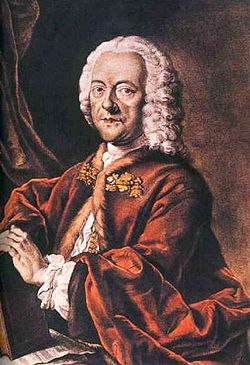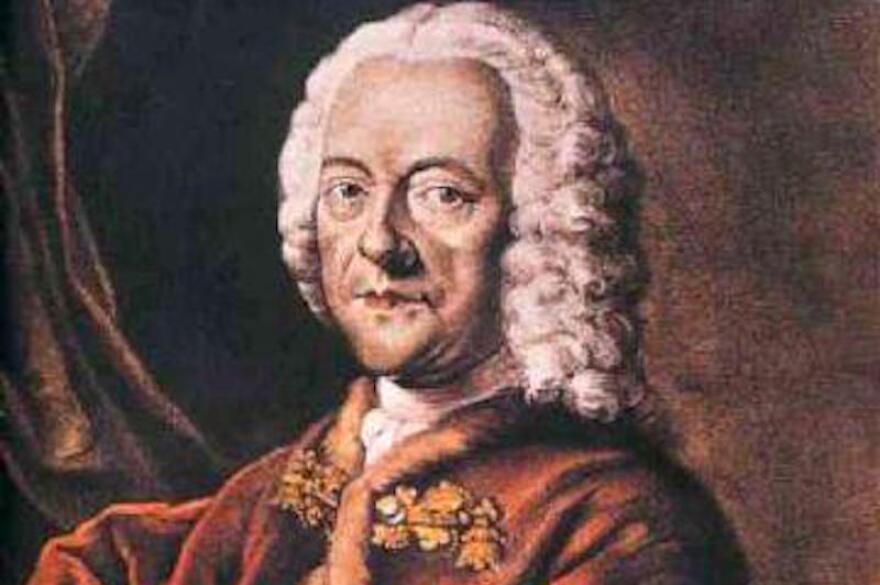Georg Philipp Telemann (1681–1767) was one of the most prolific and influential composers of the Baroque era. His vast body of work spans numerous genres and showcases his remarkable versatility. Here are five fascinating curiosities about Telemann that highlight his extraordinary life and career.
1. The Most Prolific Composer in History
Telemann holds the distinction of being one of the most prolific composers in Western music history. He composed over 3,000 works, including more than 1,000 church cantatas, 46 settings of the Passion, numerous operas, orchestral suites, concertos, chamber music, and solo works. His output surpasses even that of Johann Sebastian Bach and George Frideric Handel, his contemporaries.
2. A Self-Taught Musical Genius
Remarkably, Telemann was largely self-taught in music. Despite showing an early interest and talent, his family discouraged him from pursuing a musical career. Nevertheless, he taught himself to play several instruments, including the violin, recorder, oboe, double bass, and harpsichord. His determination and natural talent allowed him to excel without formal training, a rare feat in the Baroque period.
3. A Close Friendship with Johann Sebastian Bach
Telemann shared a close friendship with Johann Sebastian Bach. In fact, Telemann was the godfather to Bach’s son, Carl Philipp Emanuel Bach, who would go on to become a prominent composer in his own right. Their mutual respect is evident in their correspondence, and Telemann’s influence can be seen in some of Bach’s works.
4. A Master of Blending Musical Styles
One of Telemann’s greatest strengths was his ability to blend different musical styles seamlessly. He incorporated French elegance, Italian virtuosity, German counterpoint, and Polish folk elements into his compositions. This cosmopolitan approach made his music widely popular across Europe and showcased his adaptability and creativity.
5. A Pioneer in Music Publishing
Telemann was not only a composer but also an astute businessman. He was one of the first composers to self-publish his music, giving him greater control over the distribution and profits. This innovative approach allowed his works to reach a broader audience and set a precedent for future composers seeking independence from traditional patronage systems.
Conclusion
Georg Philipp Telemann’s remarkable life and work continue to inspire musicians and music lovers around the world. His prolific output, self-taught mastery, influential friendships, stylistic versatility, and entrepreneurial spirit make him a fascinating figure in the history of classical music.


Comments are closed